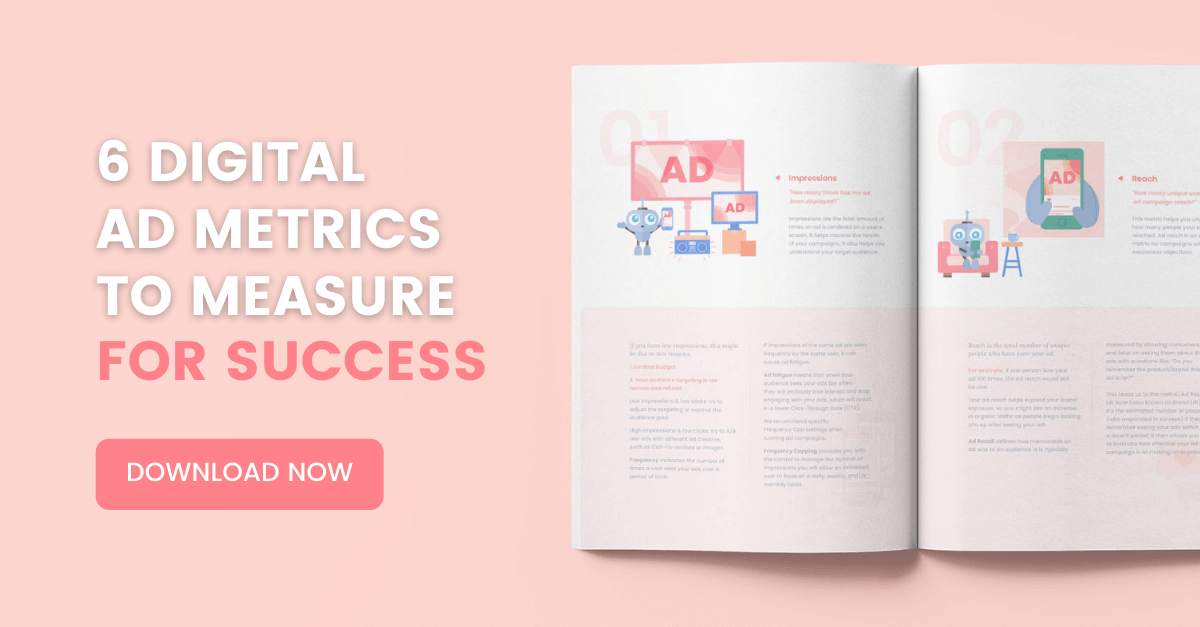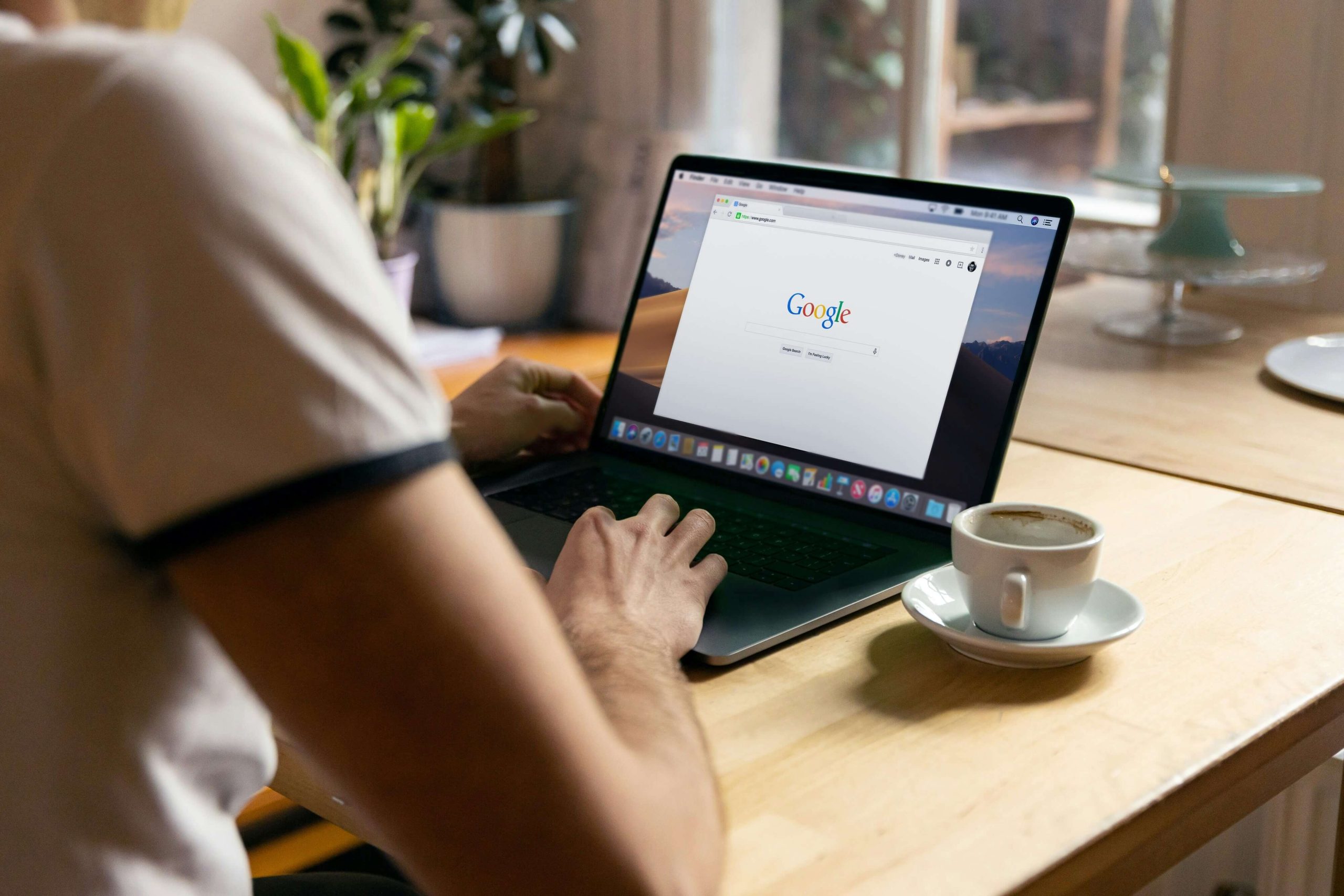These myths are subtle and pervasive – and they secretly influence the decisions, campaign outcomes, and bottom lines of your ad campaigns.
Today, we are here to clear the air by addressing some Frequently Asked Questions when it comes to programmatic digital advertising.
#1: Is Programmatic Advertising Replacing People’s Jobs?
No. Everyone loves a good apocalypse story, and programmatic technology is replacing people – just not in the ‘everyone panic, there won’t be any jobs’ kind of way. The industry is changing.
Online technology is constantly shifting and job roles along with it. Instead of joining an advertising firm, people are joining in-house brand and marketing teams.
There has been a shift in focus, from the laborious finding and placing of ads to the strategic creation and smart rollout of ad campaigns. Machines are smarter, and so are people.
So there are fewer traditional advertising positions and more technical ones!
Algorithms can’t think creatively, which is where human intelligence comes in.
Check out our blog to learn how programmatic advertising works.

#2: Will Programmatic Expose Me To Bad Practices Online?
No. Programmatic digital advertising does not make you vulnerable to ad fraud online.
Fraudsters have always been around to prey on the ignorant. When it comes to something as new as programmatic ads, there is a lot of room for fraud because no one really understands the technology.
In 2023, the global loss from ad fraud was $84 billion. It’s predicted that by 2025, that number will be over $172 million. Still, this is a very firm case of buyer beware. Fraud happens.
That’s why when working with a programmatic partner, it’s important to choose one that is transparent and ethical. Then, your brand safety will be protected at all times.
#3: Will Programmatic Inventory Potentially Ruin My Brand Reputation?
No. Quality Demand Side Platforms (DSPs) and Supply Side Platforms (SSPs) do not use low-quality inventory in their client campaigns.
It’s likely that you’ve read horror stories about brand ads appearing next to extremely dubious and unethical content, on suspect sites and in strange, unorthodox places online. Or sometimes poorly-timed and context-based placements like:

A reliant programmatic ad team only partners with credible networks and actively excludes any sites that may harm the brand integrity of their clients.
When a strong team is managing your programmatic ad campaigns effectively, these things won’t happen if they choose premium inventory placements. Ask them what they have in place to ensure your Brand Safety.
#4: Is the Google Display Network a Programmatic Ad Platform?
No. The Google Display Network is not a programmatic advertising platform.
Many advertisers mistakenly believe that the Google Display Network is the same as any other, but it’s not. For one, Google’s display network is a closed channel.
It is in fact just an ad network of suppliers and publishers linked to existing AdSense accounts.
Sure, there’s targeting, real-time bidding, and machine learning for ad personalization – but true programmatic digital advertising Demand Side Platforms (DSPs) connect you with far more publishers and exchanges.
#5: Why Shouldn’t I Just Run My Own Google Ads?
Because it takes serious time, training, and expertise to use Google’s Ad offerings well.
If you don’t have an in-house team dedicated to it, it can give you mediocre results or worse – waste your money and time. Self-service is useful if you have the time and employees required.
Otherwise, you’ll find an agency that specializes in programmatic digital ads to be a much better choice. The technology does the heavy lifting, while the agency provides expert strategy and management. Your results will be better.
Plus, it leaves you to run your business, and your team to do more important things.
#6: Are Real-Time Bidding and Programmatic Advertising the Same?
No, these two concepts aren’t the same, no matter how often people use them interchangeably online.
Programmatic advertising is the buying and selling of advertising space using Artificial Intelligence and machine learning, while Real-Time Bidding (RTB) is a form of programmatic media buying.
So, you should use programmatic digital advertising as a broad term to describe the industry. Real-Time Bidding happens on ad exchanges when ad inventory is bid on using automated technologies.
In real-time, many advertiser bids are placed and the ad space is sold by publishers using an auction model. The advertiser with the highest bid wins. Programmatic uses RTB but includes many other types of buying.

#7: Does Programmatic Advertising Have Self-Service Options?
Gone are the days of big programmatic digital advertising companies with inaccessible systems.
The industry has been moving towards transparency for quite some time. Self-service models are now offered by some agencies and other Demand Side Platforms because demand is so high.
Some agencies allow you to opt for half and half. The agency would train your in-house team to use their self-service platform, and they stay on as support in case you ever need it.
#8: Am I Losing Out if I Don’t Use Programmatic Ads?
If you’re a large brand with a large budget, you will lose out. Programmatic ad tech gives you a leg up when it comes to granular audience reach, premium ad inventory, etc.
However, smaller brands with a smaller budget can still make good money by running their own ads on Google, social, and other digital channels.
When you scale up, things get fierce. Your direct competitors tap into networks all over the web and take your customers. Their teams get sharper and better at strategy and planning ahead, instead of plugging away at ad placement and fussy, lengthy deals for ad inventory.
Take a look at your ad budget, your business goals, and how you want to scale.
When you feel the time is right, approach the right agency. If you notice many of your competitors are using programmatic, you should be too.
Additional Reading
- What Is Programmatic Advertising?
- The Pros and Cons of Programmatic Ad Buying
- What are RTB, Programmatic Direct, and Private Marketplaces?
- Disadvantages of Programmatic Advertising (& How To Avoid Them)
- Programmatic Direct vs Real-Time Bidding: What’s the Difference?
- Programmatic Guaranteed vs Preferred Deals
Let's Work Together
Say hello to customized advertising strategies that convert.
Get in touch with our programmatic experts today!












